Feature
Falstaff, friends and home-made focaccia
Nicola Barbagli reflects on Salieri, Lebrun, and a decade of Baroquestock with Istante Collective
Share this

BY SIMON MUNDY | FIRST PUBLISHED 9 NOV 2025
The great thing about calling an ensemble a ‘collective’ is that it does not imply any specific number of musicians. In the case of Istante, it can be anything from a duo to any selection from 20 players and singers. ‘We were a mixture of wind and strings from the start,’ says oboist and co-director Nicola Barbagli. It is based in Hampstead, at the Heath Street Baptist Church, and is ‘in the same box as Baroquestock,’ which mounts a spring festival there and in other nearby venues. Both organisations are celebrating a decade of concert giving. ‘Baroquestock and Istante Collective are very connected. We feed off each other.’ The name of the Istante Collective ‘is random,’ Nicola says, ‘Istante is a word that is not too intellectual in Italian. It is more poetic that “instant”, not just in the minute; more flexible.’
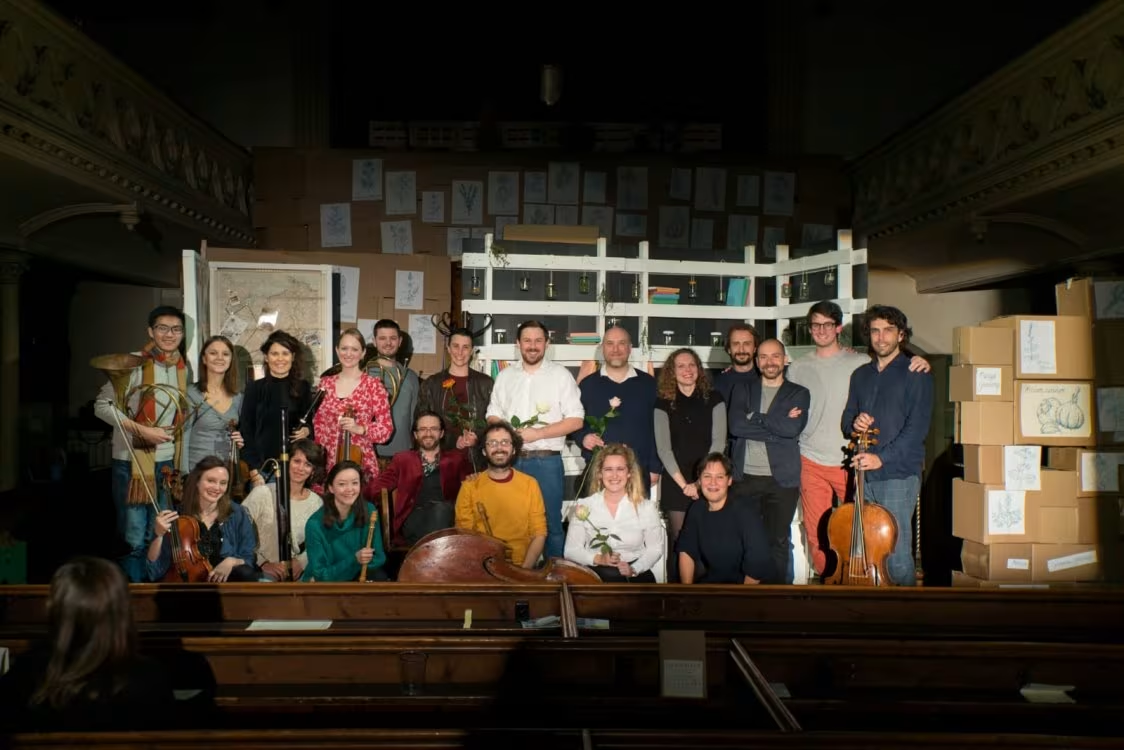
They pride themselves on the fact that music is not the only attraction, hoping to appeal to more of the senses. ‘Baroquestock offers a fusion of historical performance, folk music, community projects and home-cooked food. Every concert carries a story of its own: the musicians are brought together through shared friendships and artistic connections, just as the food menu is specially created for each event… food plays a very important role. We cook real home-made meals for all our musicians and make focaccia for our audiences.’ For example, in 2022, they produced The Busker’s Opera: Pergolesi’s Livietta e Tracollo, which – in full Neapolitan style – came with pizza and wine.
The sense of Italy in London is very strong for the ensemble. Nicola has been in London for 15 years now, after studying originally in Fiesole, in the hills above Florence. He has not always concentrated on the Baroque oboe, though. ‘I moved to London thanks to a bursary from the Southbank Sinfonia [now known as Sinfonia Smith Square]. I was doing a Masters at Geneva Conservatoire at the time. Then I took a course in Baroque oboe at the Royal Academy of Music. In a way, I did everything the wrong way round! Now, thanks to post-Brexit student fees, what I did would be impossible.’
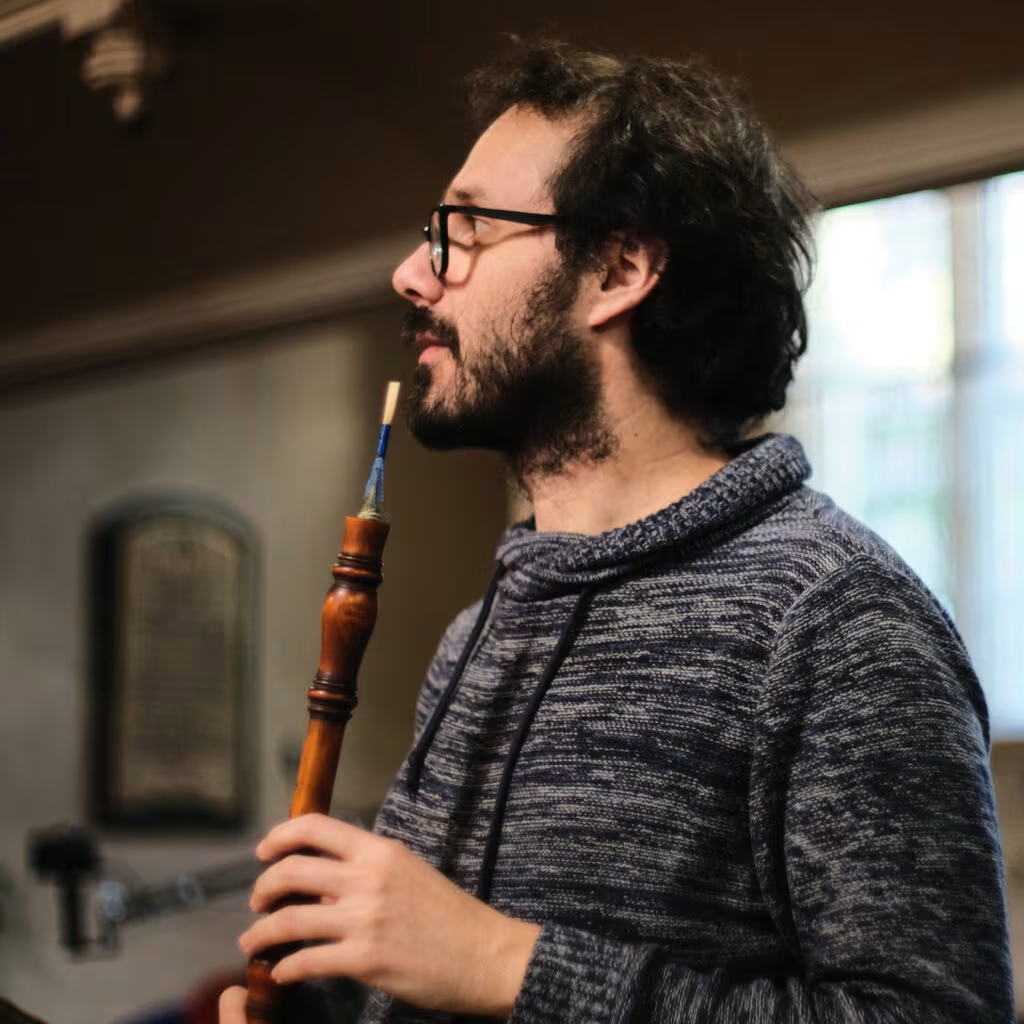
Since 2021, Istante Collective has been giving a series of concerts around the theme of ‘Italian Sounds in London’, and the latest project, supported by a grant from Continuo Foundation, is Locanda Salieri. Marking the 200th anniversary of the composer’s death, the centrepiece is a production of his version of Falstaff, a relatively late two-act work, dating from 1799. The opera was first heard in Vienna’s Kärntnertortheater, and the libretto was drawn by Carlo Defranceschi from Shakespeare's The Merry Wives of Windsor, with the subtitle ‘Le tre burle (The Three Jokes)’ – which seems a little understated as the story has rather more than three. In these performances (29 & 30 November), the title role will be filled by baritone Phil Wilcox, with the merry wives, Mistresses Ford and Slender (in this version), sung by mezzo-soprano Carla Nahadi Babelegoto and soprano Mariana Rodrigues, respectively. John Andrews will conduct.
The trailer for Baroquestock’s production of Salieri’s Falstaff
Nicola’s enthusiasm for the opera is unmistakable. ‘Falstaff is good music. It is fast moving thanks to the cut-down libretto. There are a lot of short numbers, cavatinas and duets, and only a few long arias, aimed at making opera buffa more lively. There are some hilarious moments, though admittedly, the libretto is not up to da Ponte’s standard. It was not an enormous success at the time – fewer than 30 performances in three years – but Salieri’s use of the orchestra is remarkable. The opera has so many connections to the school of Mozart, with glances to Figaro and Don Giovanni. For example, the duettino “La stessa, la stessissima” shares something of the same flavour as the Marcellina–Susanna duet in Figaro, and Beethoven later used its main theme for a set of variations [WoO 73].’
Around the opera, Istante Collective are giving a couple of additional concerts. Nicola points out, ‘It’s important to see Falstaff in the context of the tight period of the composers writing around Salieri.’ The first concert used a chamber sextet to look at music that was, ‘all about fugues, looking forward to Beethoven.’ That concert included a string quartet by Florian Gassman, Salieri’s teacher (and also the composer of the extremely funny L’opera seria, which I wrote about earlier this year when it was conducted at La Scala by Christophe Rousset.) ‘Clearly Salieri learned a lot about comedy from Gassmann,’ Nicola observes, ‘so he is important in the cultural story of the past.’
Excerpt from the final ‘Rondo’ movement of Lebrun's Oboe Concerto No. 4 in B flat
On 5 December, the Collective is joined by fortepianist Dominika Maszczyńska for a programme of pieces by Mozart and Alessandro Rolla (1757–1841), who was leader of the La Scala Orchestra in Salieri’s time. That orchestra also included, a few years earlier, the guest oboist Ludwig August Lebrun. ‘So much of Salieri’s music was for people he knew’ Nicola says. Since Lebrun composed for his instrument, his music is featuring prominently in Istante’s recordings. ‘Lebrun was in the orchestra, and his wife Franziska [née Danzi, sister of composer Franz Danzi], was on stage at the premiere of Salieri’s two-act opera, Europa riconosciuta (1778), which features ‘Quando più irato freme’ – a beautiful aria that Salieri wrote for them both. I have been recording Lebrun’s concertos which have not been played recently on period instruments.’
As Baroquestock and the Istante Collective mark a decade of sharing music, Barbagli and his colleagues seem intent on proving that the spirit of collaboration – musical, social, and culinary – can still make London sing with Italian warmth.
Baroquestock’s production of Salieri's ‘Falstaff’, featuring its resident ensemble Istante Collective, is supported by a grant from Continuo Foundation. The performances will take place at the Heath Street Baptist Church, Hampstead on 29 & 30 November 2025. Visit the Baroquestock Festival profile for more performances later this year.
Share this
Keep reading
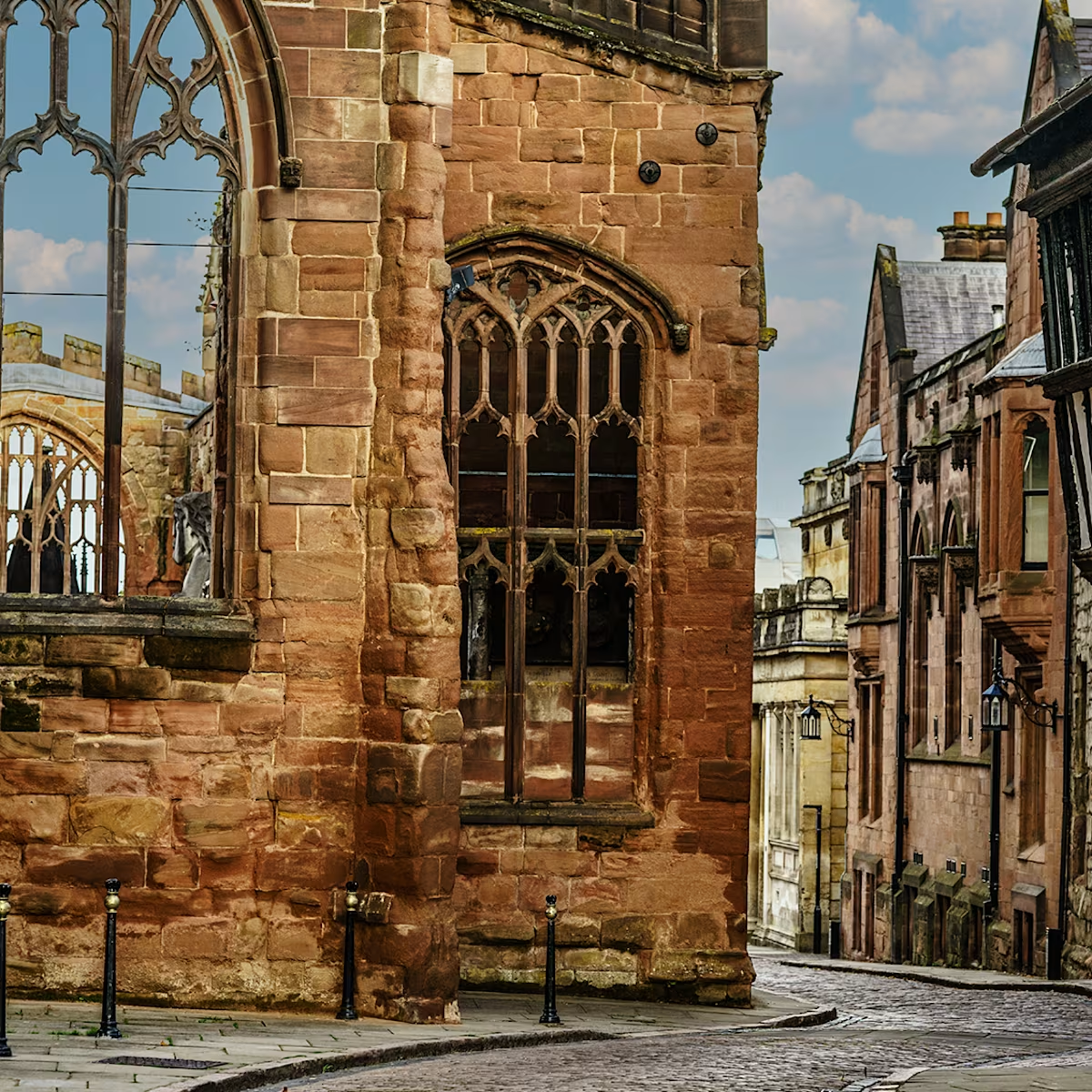
Historical performance in a virtual space
In September 2025, the Aural Histories project (funded by the Arts and Humanities Research Council) launched Aural Histories: Coventry.
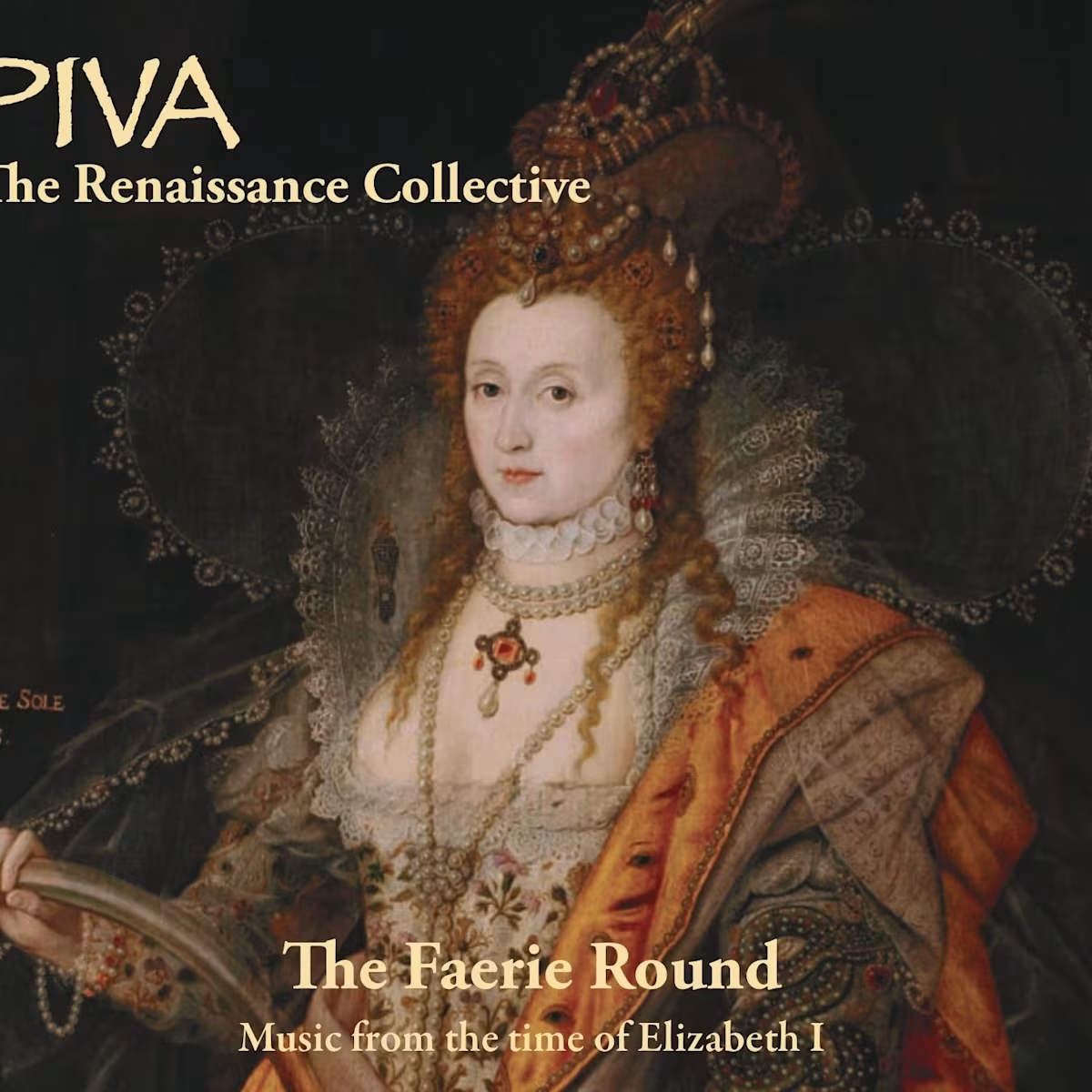
The Faerie Round: Music from the time of Elizabeth I
PIVA – The Renaissance Collective’s third album features dance and ballad music from late Elizabethan England.
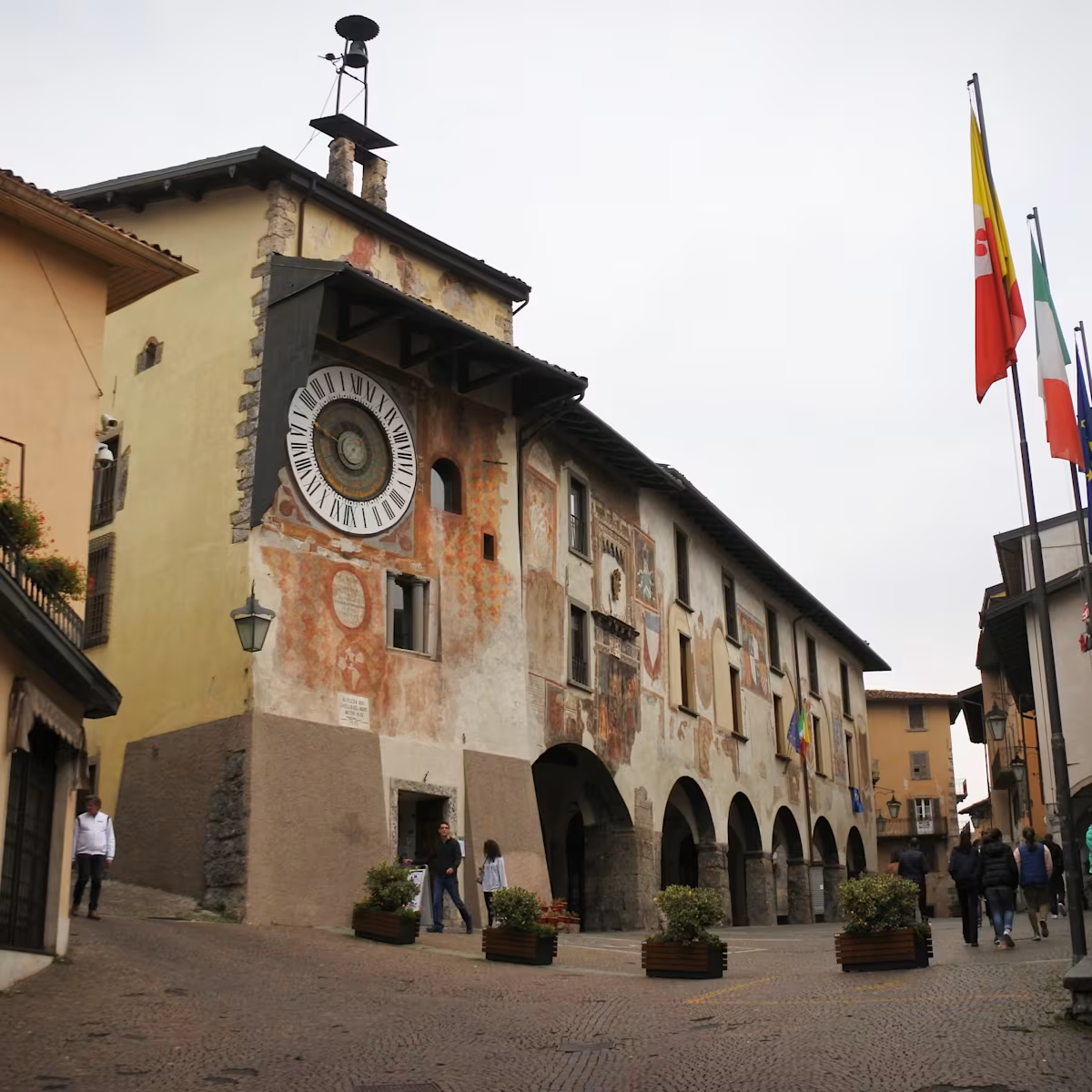
Legrenzi: A forgotten genius full of surprises
In the town of his birth, the Musica Mirabilis ‘Giovanni Legrenzi’ Festival revives the legacy of a composer who links Renaissance polyphony with Baroque drama.



